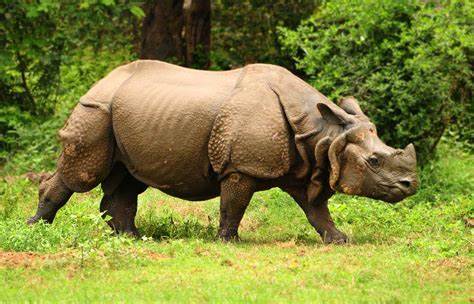By David Mayen
Juba — Police authorities in Arua district, Uganda, say a Friday fight between South Sudanese refugees at the Rhino Refugee Settlement Camp and their host community left at least eight people killed.
Speaking to The EastAfrican by phone from Uganda on Saturday, Titus Jogo, the officer in charge of the refugee desk in Obangi district, which borders Arua, said briefing from police said the fight was triggered by quarrels over a water source.
Mr Jogo said the regional police officer in charge of Rhino told him a host community member was killed in a one on one fight with a refugee.
“After that, the host community mobilised and attacked the camp. He did not confirm whether the eight were refugees or from the host community,” he said.
Mr Jogo further said no arrests had been made but there was a heavy police presence in the area.
John Jal Dak, the executive director for Youth Social Advocacy Team, a civil society organisation in Rhino camp, said six refugees were confirmed dead.
“We have not confirmed the number of those killed in the host community. Many from the refugees side are reportedly missing. Many fled from their homes. Searches are taking place to identify those missing,” said Mr Dak.
Past incidents
In July 2018, more than 40 houses of South Sudanese refugees were burned down in Ayilo Camp in Adjumani district by the host community.
This followed allegations that a teenage girl was raped and killed by some refugees, a death police later said was due to a snake bite.
A similar incident happened in December 2019, when four people were killed and 16 wounded in Uganda’s Adjumani district.
In July, an ethnic fight instigated by the alleged theft of maize from a farm left many injured and hundreds of houses burnt down in Palorinya refugee settlement in Obangi district.
Uganda police authorities later said 20 suspects were arrested.
According to UNHCR, the Rhino camp is Uganda’s fourth largest refugee settlement area, with a population of 102,000 South Sudanese refugees as of August 2017.
Most of them were displaced by the 2013 and 2016 civil wars in South Sudan.
Read the original article on Nation.
